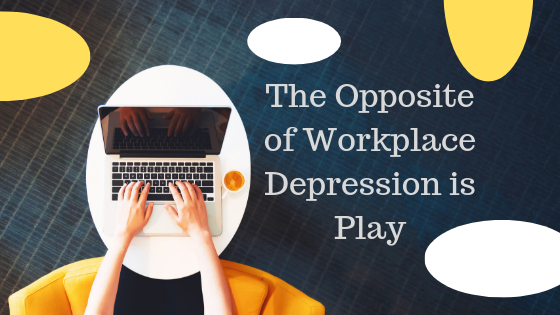

Children may consistently arrive late or miss school because their parents don’t have the energy or organizational skills to get out the door on time. A child’s tardiness or truancy at school.What these seemingly opposite behaviors have in common, she says, is the fact that neither is sensitive to a child’s cues. Some depressed parents are neglectful and disengaged from their children, while others are hyper-intrusive and over-engaged, Smith says.

“Parents with depression are less likely to respond appropriately to the cues (such as crying or eye contact or gesturing) of their young children,” Smith says.

Signs of depression that are specifically related to parenting include: Untreated depression raises the risk of substance abuse. Typical symptoms of depression include persistent sadness and the loss of interest in activities that used to bring pleasure, along with sleeping too little or too much, difficulty concentrating, changes in appetite (eating a lot or very little), poor energy and thoughts of suicide. School-age children with depressed parents may not perform as well academically, have been found in some studies to be more likely to have behavior problems, and have poorer overall health.ĭepression affects a parent’s mood, sleep, appetite, and energy level. Depression not only interferes with parental bonding and nurturing, it also means parents may not be as likely to do the things that are necessary to keep their children safe and healthy (such as using a car seat or getting immunizations). Studies link parental depression (including prenatal depression) with a wide range of difficulties, some lifelong. Of particular concern, Smith says, is isolation that may occur for parent and child, which she calls one of the “largest impacts, limiting the social networks of both the adults and the child.” He or she won’t change voices for different characters or make sound effects, for example. A depressed parent may not be as lively or as expressive, she says.

Even a simple activity such as reading a storybook to a child may be affected. Parental depression can impact many activities of parenting. For example, Smith says, “Depressed mothers have been found in some studies to use less emotion and expressivity in their language with their babies. Depressed parents have been found to interact with their children differently, in ways that affect child development. Parental depression shapes not only a parent’s perception of the world, but also a child’s experience of the world internally and externally, Smith says.


 0 kommentar(er)
0 kommentar(er)
